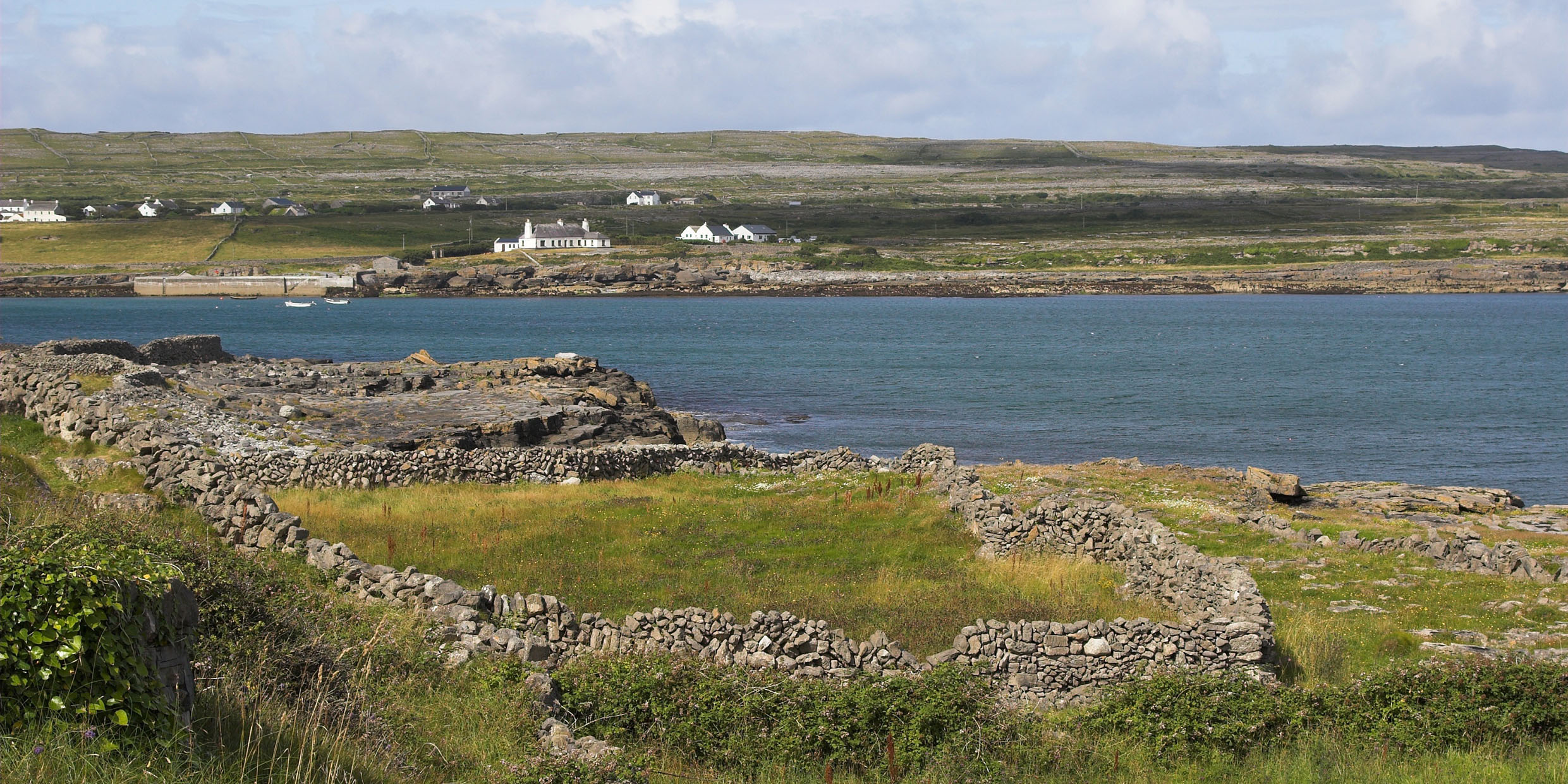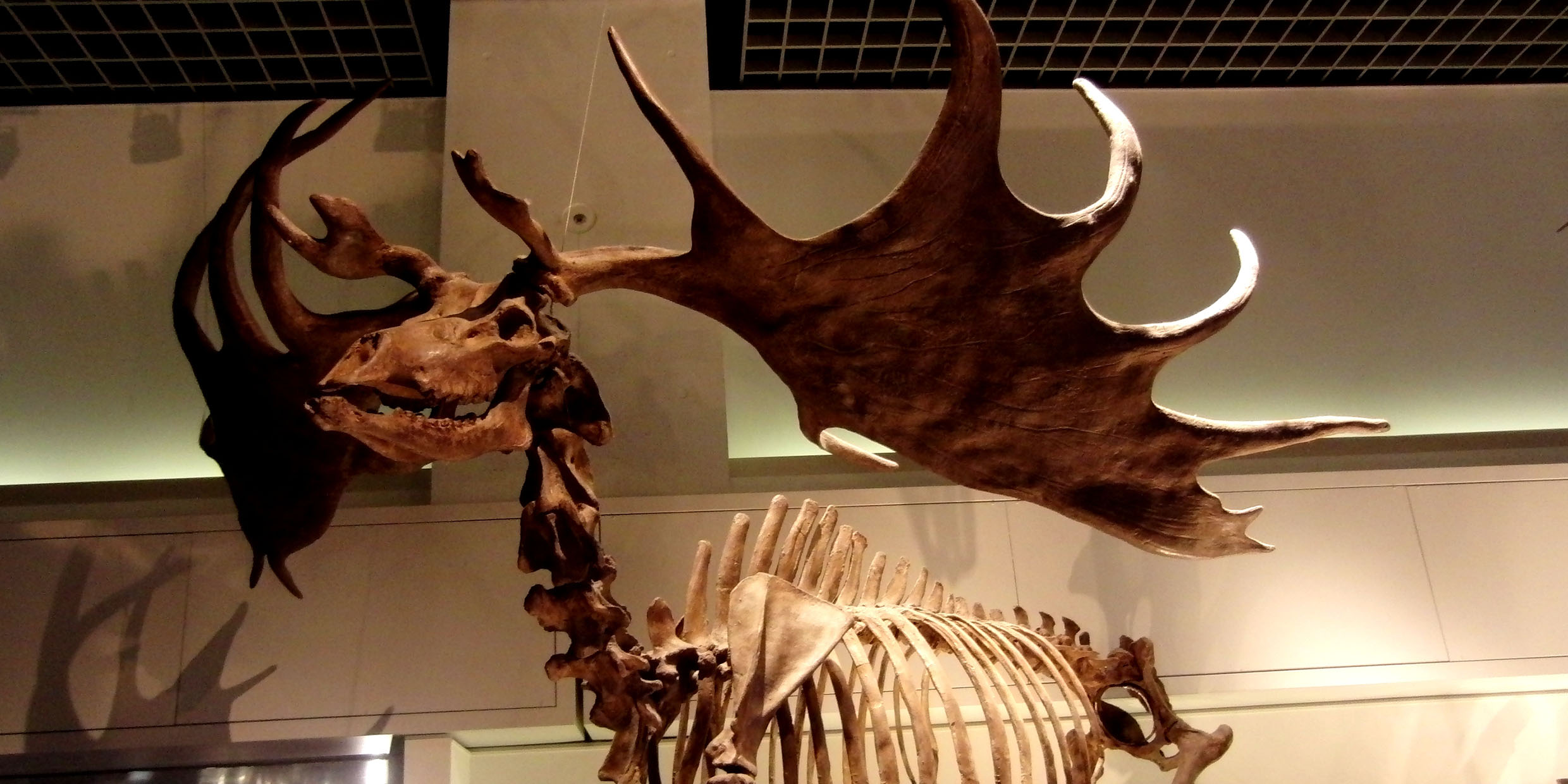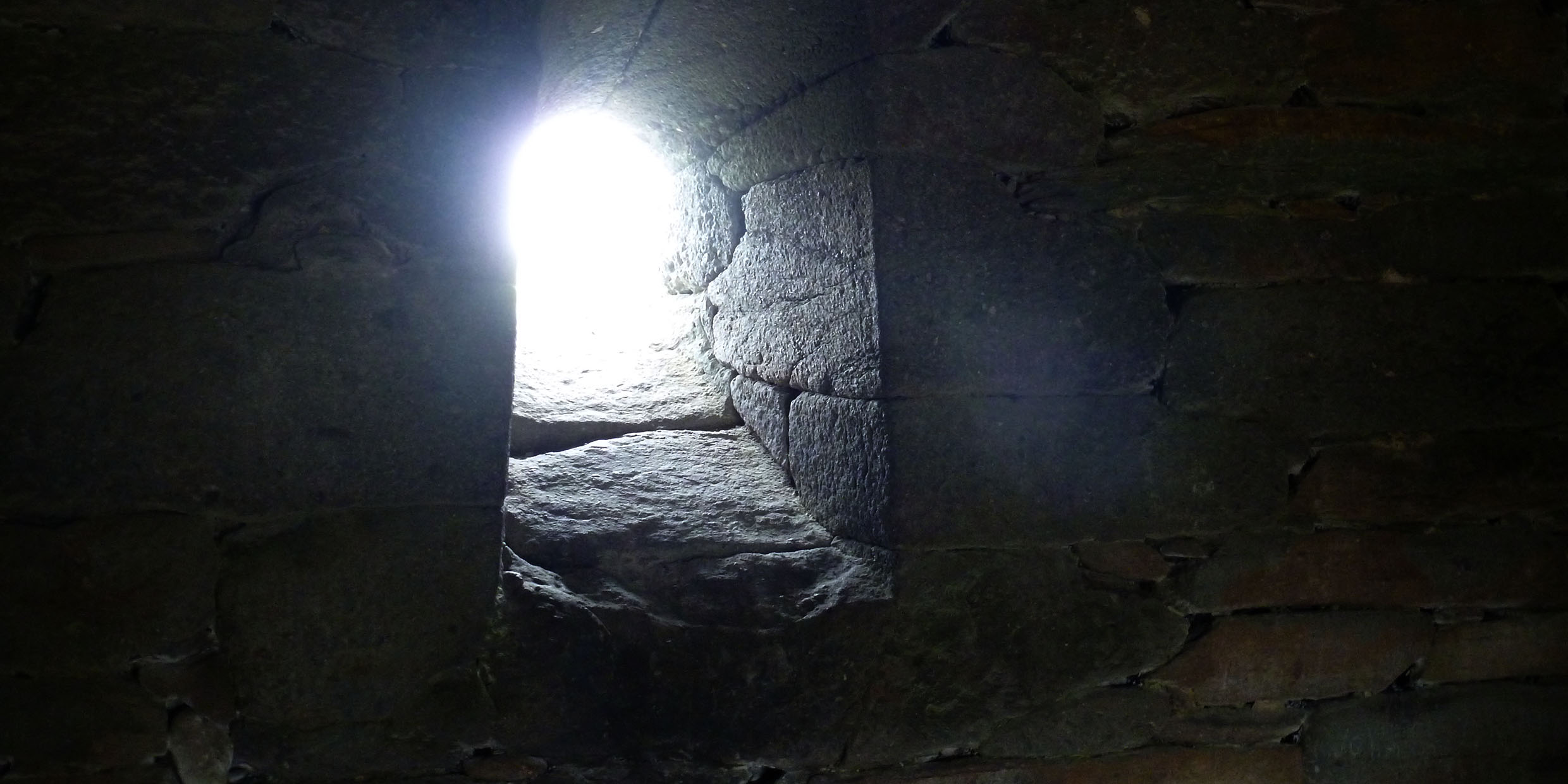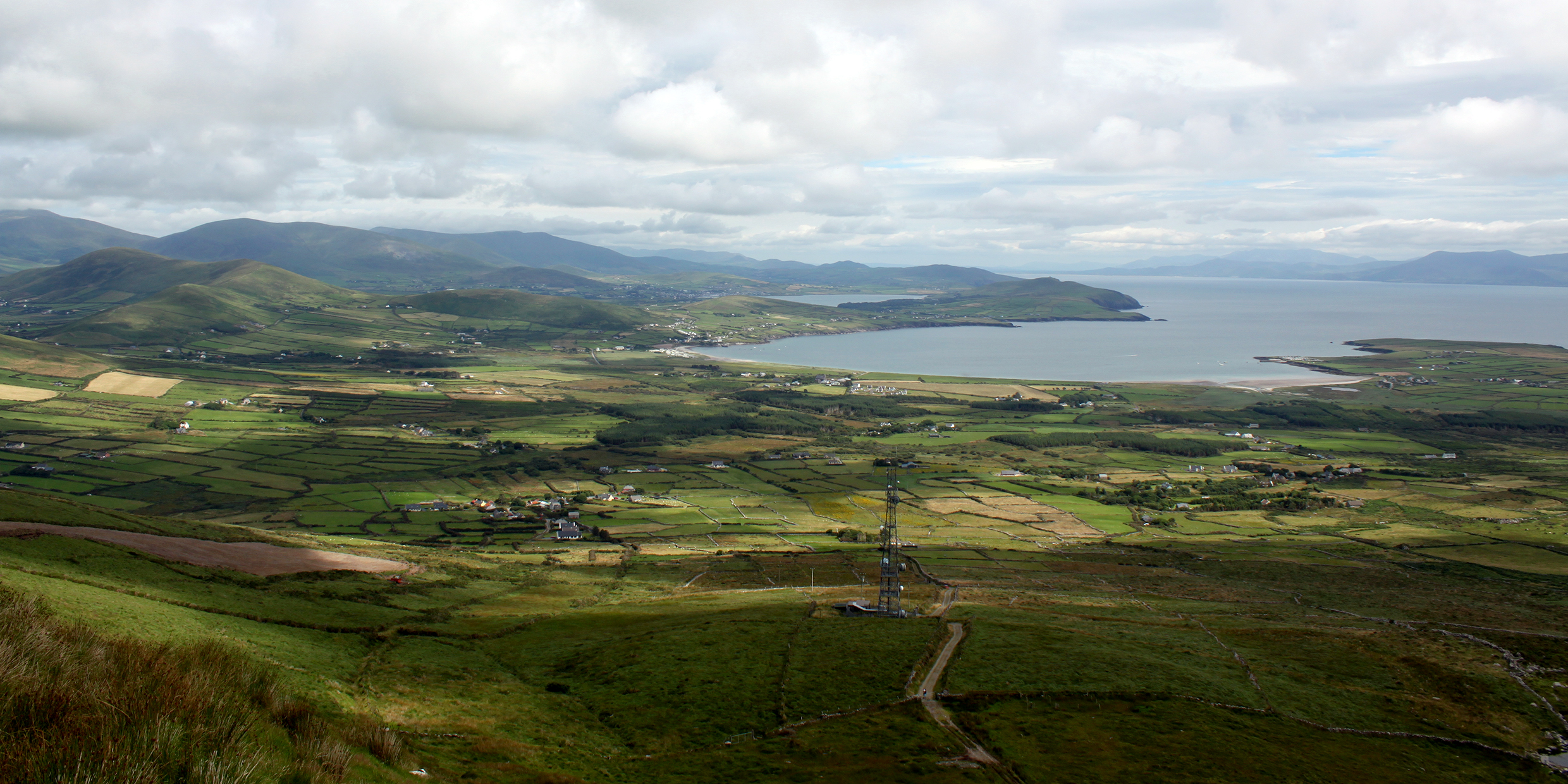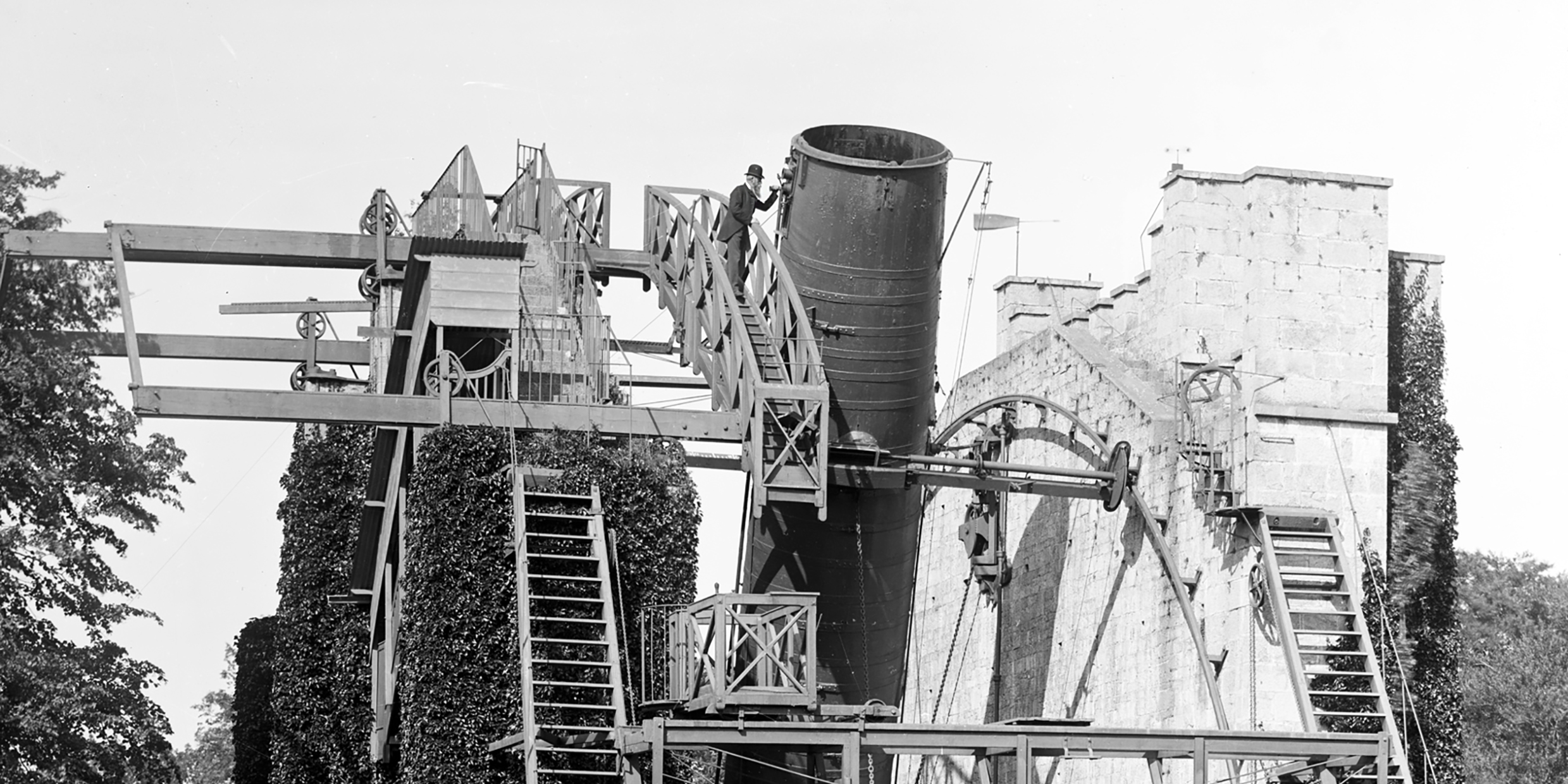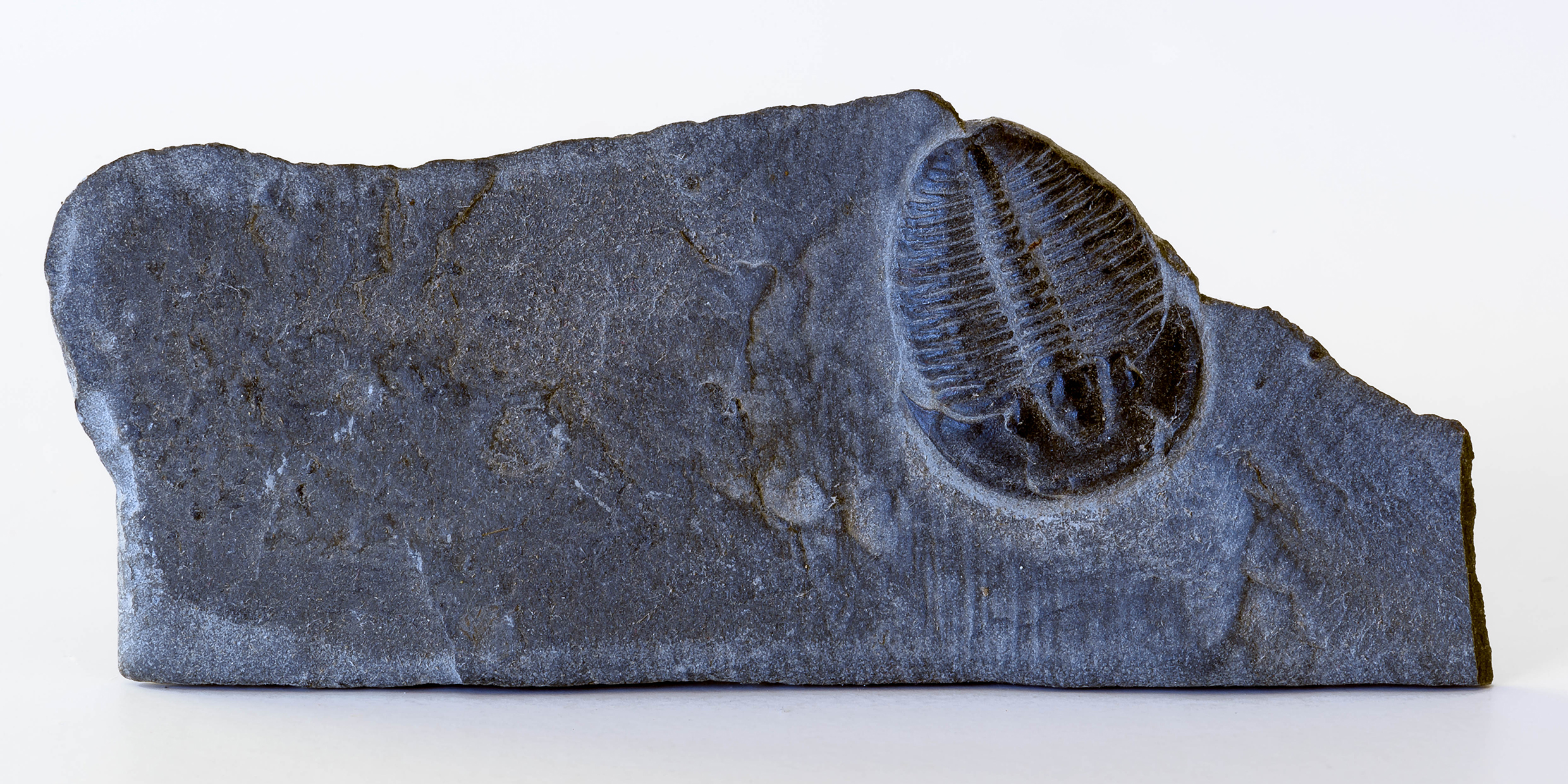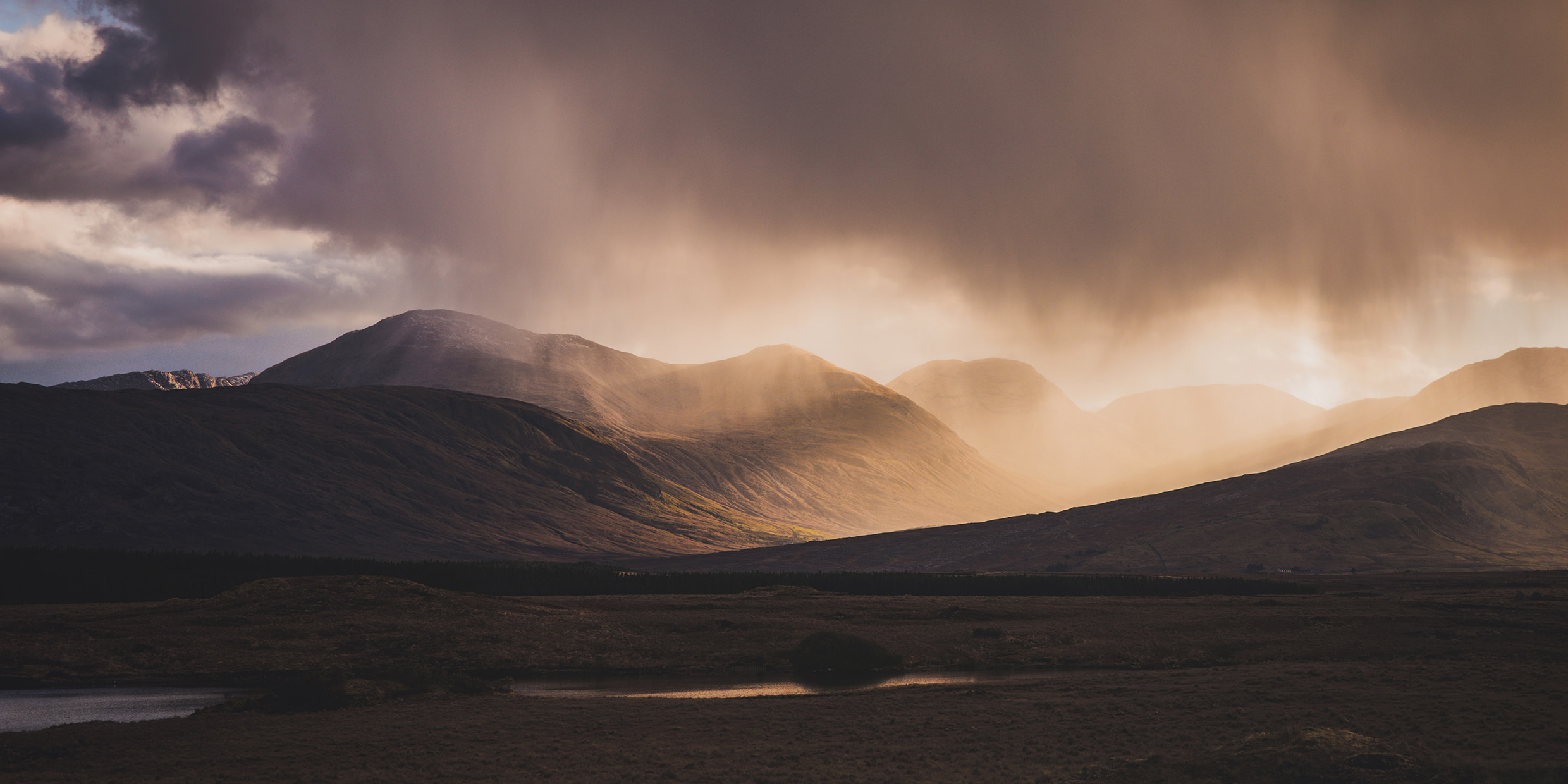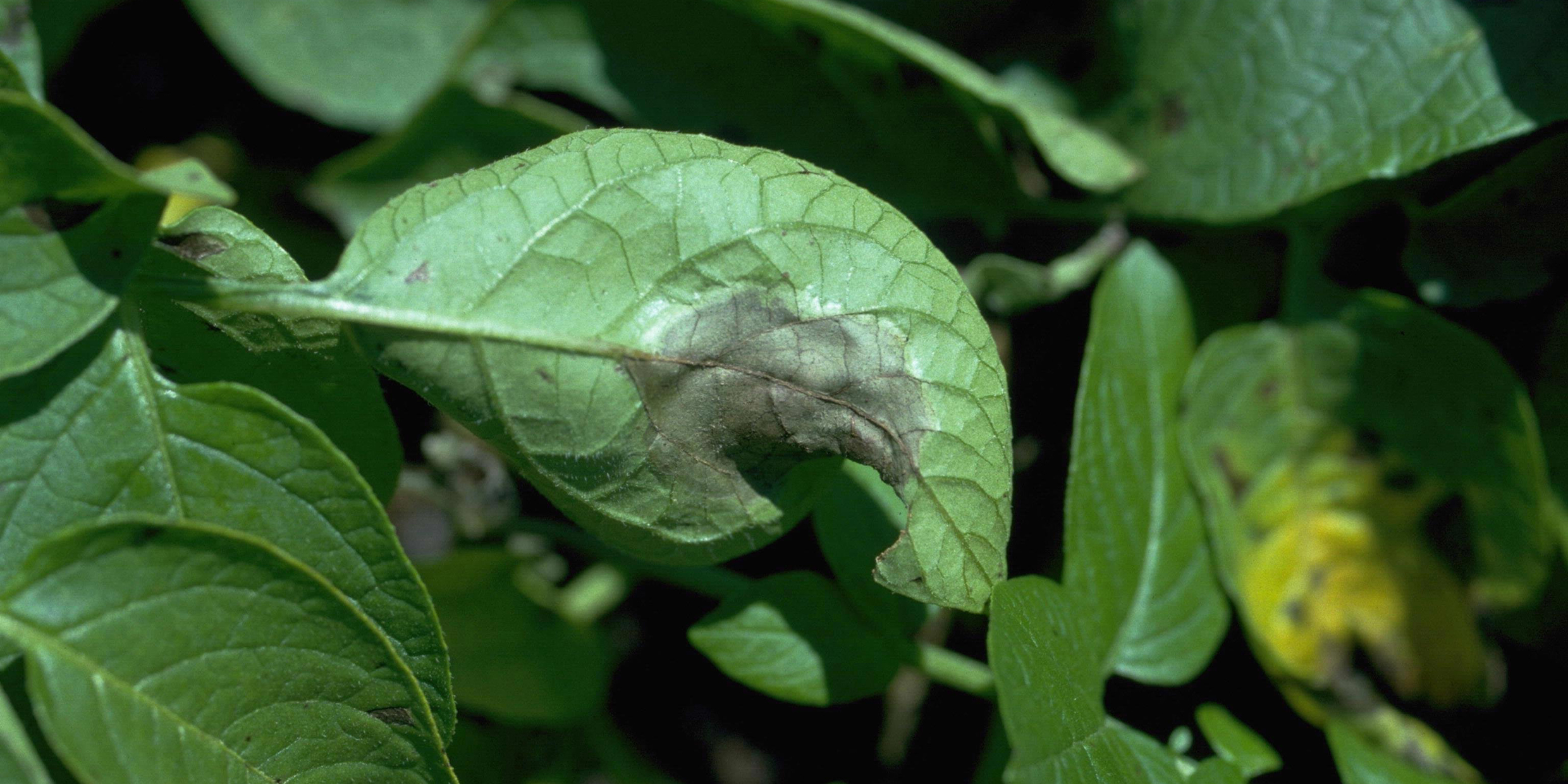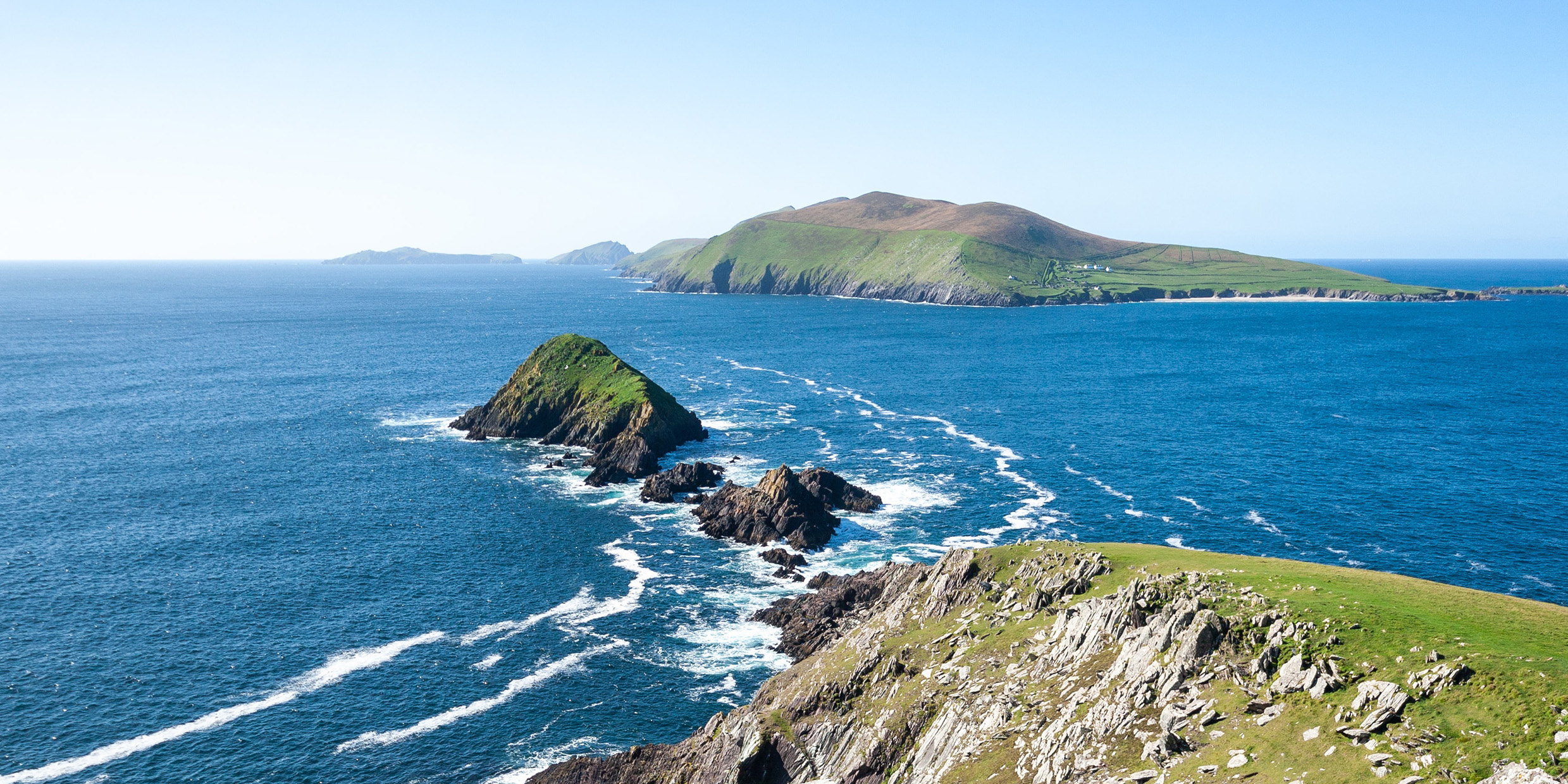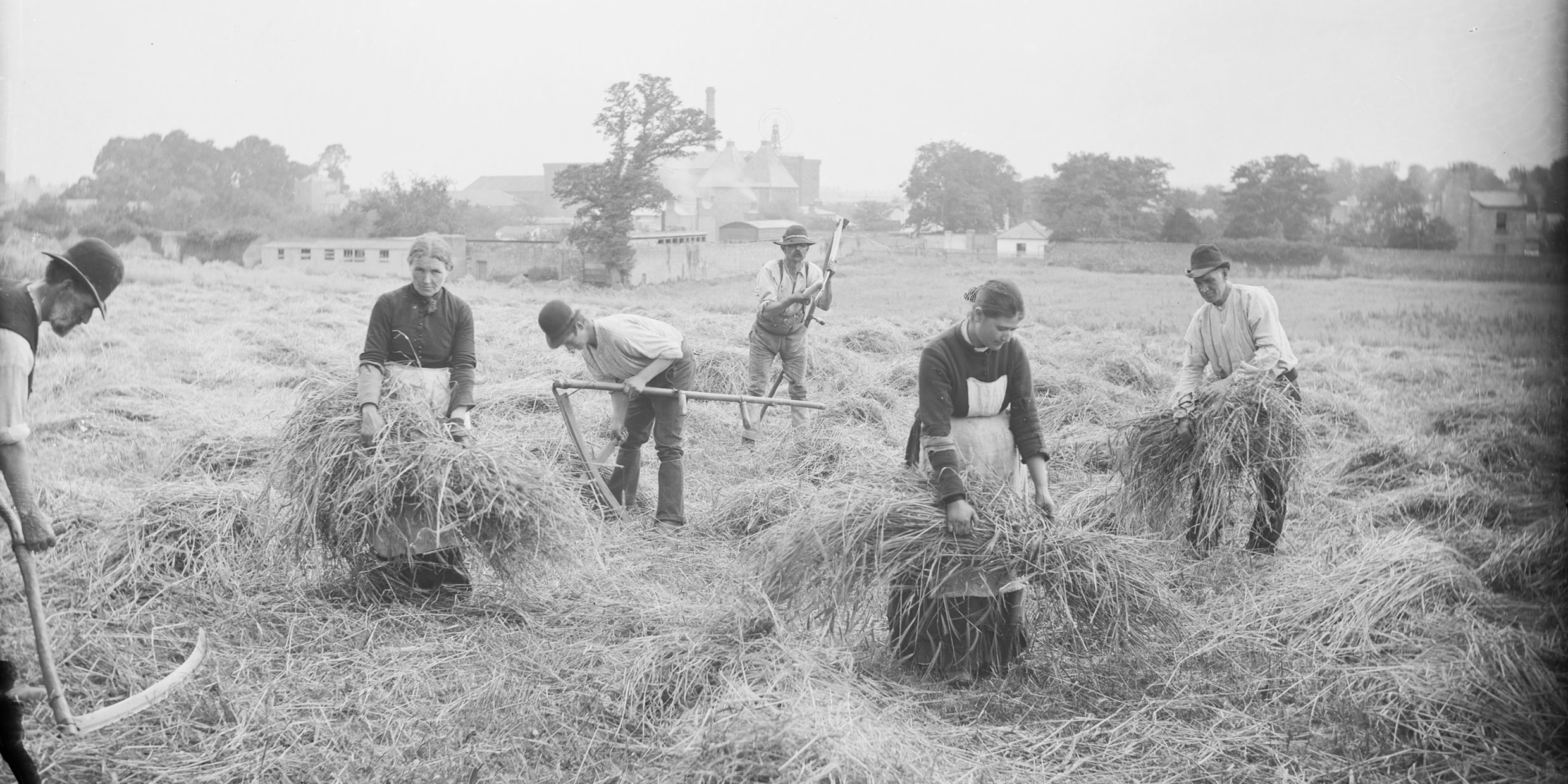Tim Robinson is an Englishman who went to Ireland’s Aran Island in 1972 to write, think, and otherwise jolt his life out of a London rut. In 1984, he moved across Galway Bay to Connemara, where he remains. His long sojourn in those rocky landscapes has led to several wonderful books and maps of surpassing loveliness.
Articles with Ireland
The great Irish elk: Under ice or overkill?
The Irish love their turf — poet Seamus Heaney’s “kind, black butter.” Sliced and dried, it makes a lovely, aromatic fuel. The turf bogs are also wonderful repositories of Irish history.
Alone with a sense of wonder
A few weeks ago, in the west of Ireland, I spent a night in the Gallarus Oratory, a tiny 7th-century church of unmortared stone, the oldest intact building in Ireland, probably one of the oldest in Europe.
The conflicts in preserving a heritage
Stand at the mountain pass between Dunquin and Ventry on the Dingle Peninsula in the west of Ireland and you can see essentially what young Maurice O’Sullivan saw more than 80 years ago.
A Big Bertha of an observatory
Ireland — with its rag-wet skies, its one clear night in 10 — is no place to build an astronomical observatory.
An astonishing consensus in science
Clambering over sea cliffs in the west of Ireland looking for fossils. This cove at the end of the Dingle Peninsula has in the past proved to be a fine place for trilobites, creatures that scuttled the ocean floor hundreds of millions of years ago.
3 hours of sun means a fine Irish day
It had rained in sheets for 40 days and 40 nights.
Spuds vs. fungus: A historic battle rages on
In the field below, my neighbor Danny Murphy is spraying his potatoes, a bright yellow tank of fungicide strapped to his back. Potatoes are prone to a troublesome variety of diseases, but Danny’s principal enemy is the fungus Phytophthora infestans, called blight.
The peril of too much access
The Great Blasket Island lies a mile or so off the westernmost coast of Ireland. Until 1953, the island was home for a small, isolated community of Irish-speaking people, who lived on shipwrecks, herring, and potatoes, without benefit of electricity, telephones, running water, or even that most Irish of amenities, a pub.
A last, unhurried paradise lost — to technology
Twelve years ago at the end of a spell of fine summer weather we could look out from our house in the rural west of Ireland and count a thousand haystacks. Field after field of haystacks, as far as the eye could see.
